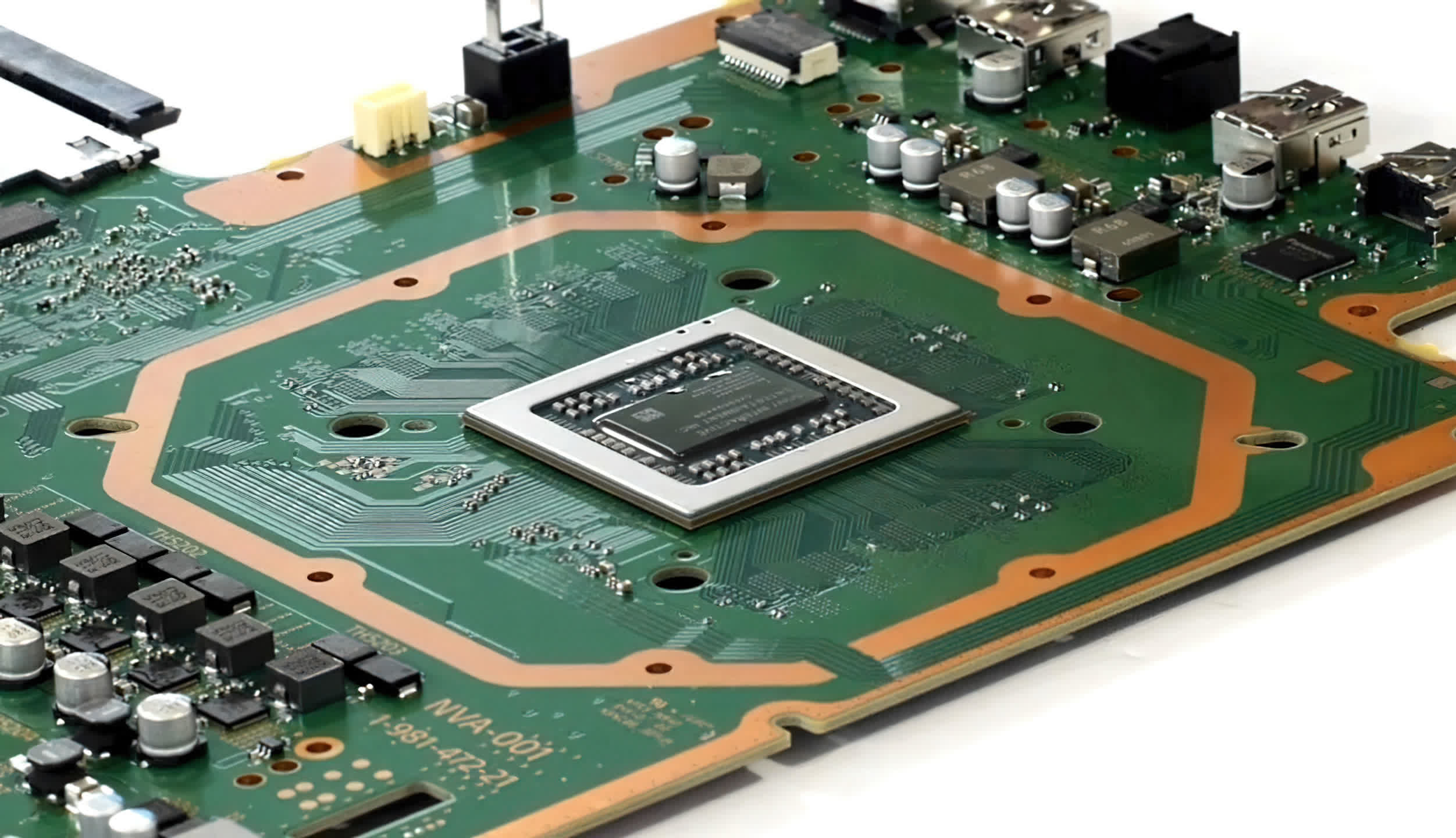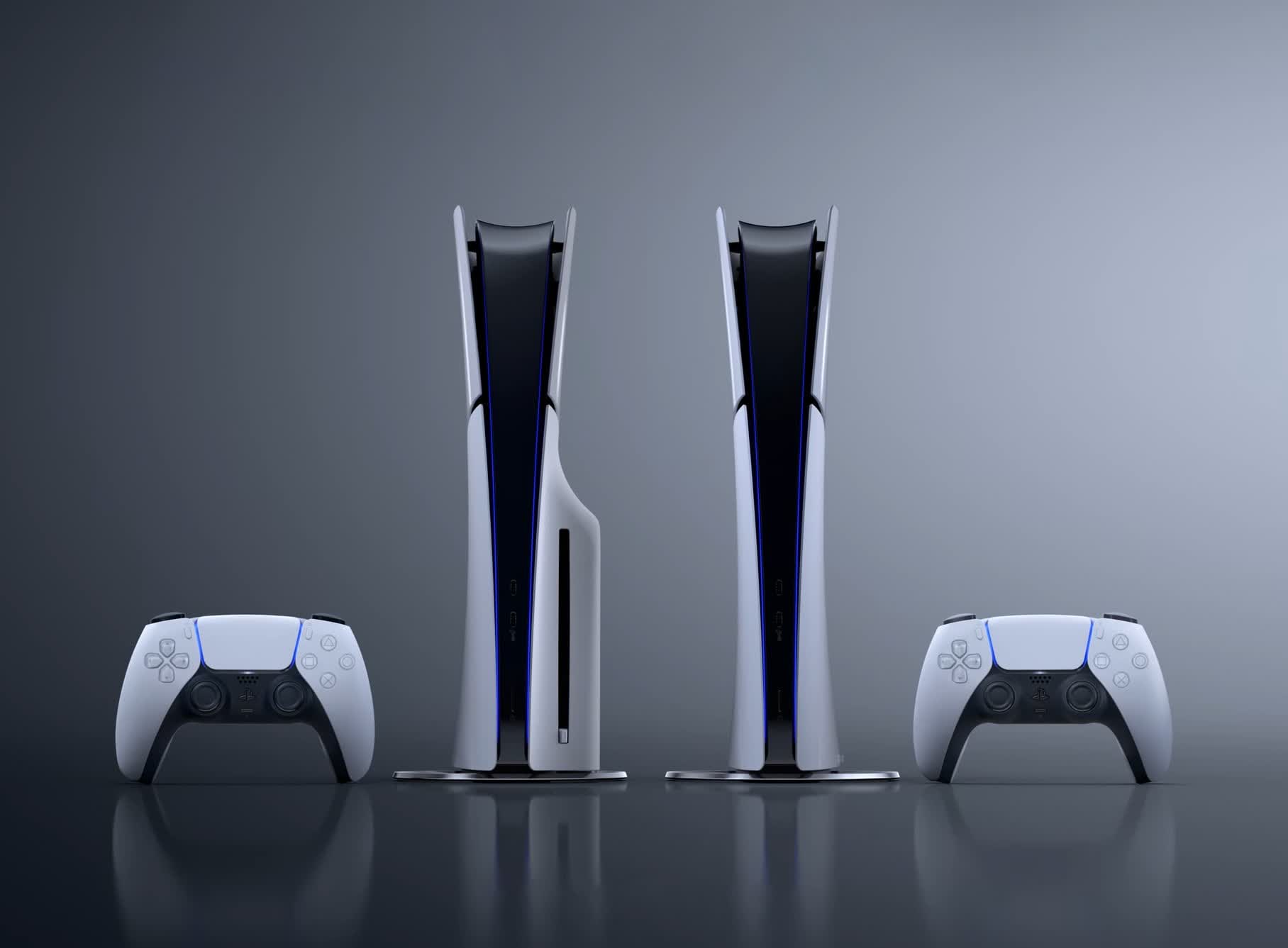TL;DR: Not long after Sony unveiled the PS5 Pro, a reputable tipster has claimed that two SoCs are in development for the PlayStation 6. The leak comes from KeplerL2, who speculated that one of the chips could be used for the full-fledged console, while the other might be intended for a new PlayStation handheld.
The information was originally posted on the NEOgaf forum under a thread about PS6 pricing but was soon spun off into a separate discussion. The post garnered significant attention from gamers, some of whom speculated that the two-SoC rumor might indicate a dual-console strategy similar to the Xbox Series X|S. Others wondered whether Sony would use the second chip to release a "slim" model at a lower price.
KeplerL2 did not disclose any additional details about the PS6 but suggested that if Sony is indeed developing two different models powered by separate chips, at least one of them could be relatively affordable. The PlayStation 6 is still years away from launch, so it remains to be seen whether it will feature multiple models at different price points or if Sony is actually working on a handheld version to compete with the Nintendo Switch.

Not much is known about the PS6 as of now, but Reuters recently suggested that Sony's next-gen console will be powered by an AMD processor. The Japanese tech giant reportedly negotiated with both Intel and AMD for the PS6 chip, but AMD won the contract in 2022. The report also noted that Intel backed out of the deal primarily because it couldn't reach an agreement with Sony on profit sharing.
Another factor in Intel's withdrawal was Sony's insistence on backward compatibility with previous PlayStation versions. Intel reportedly felt that implementing backward compatibility would be too cost-intensive and would consume a significant amount of its engineering resources, given that the last few generations of PlayStation have used AMD chips.
While the PS6 launch is still some time away, Sony recently unveiled the PlayStation 5 Pro for $700. Pre-orders for the new console will open on September 26, with the official launch scheduled for November 7.
